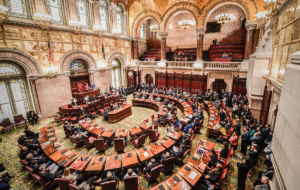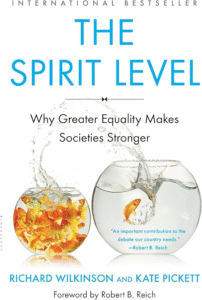Pakistan’s Curbing of Digital Freedom: The VPN Crackdown
A Threat to Digital Rights
Pakistan’s recent decision to impose restrictions on Virtual Private Networks (VPNs) has sparked widespread concern among digital rights activists and internet users. This move, seemingly influenced by Prime Minister Shehbaz Sharif’s controversial tweet, raises serious questions about the government’s commitment to digital freedom and free speech.

A Tool for Censorship and Surveillance
VPNs have long been used by Pakistani citizens to circumvent internet censorship and access blocked websites. They provide a crucial tool for journalists, activists, and ordinary citizens to bypass government restrictions and access information freely. By limiting VPN access, the government is effectively stifling dissent and restricting the flow of information.
Questionable Justification
The government’s justification for the VPN crackdown, citing concerns about national security and the misuse of social media platforms, remains unconvincing. Critics argue that such measures are disproportionate and serve to further erode digital rights. Moreover, these restrictions could have a negative impact on the country’s economy, as businesses and individuals rely on VPNs for international communication and online transactions.
A Broader Trend of Digital Repression
The government’s actions highlight a broader trend of increasing internet censorship and surveillance in Pakistan. By restricting access to VPNs, the authorities are limiting the ability of citizens to engage in online discussions, share information, and express their opinions freely. This move is a setback for digital rights and democratic principles in the country.
The Need for Digital Freedom
It is imperative that the Pakistani government reconsider its stance on VPN restrictions and prioritize digital freedom. By allowing citizens to access information without fear of censorship, the government can foster a more informed and engaged society. It is crucial to strike a balance between national security concerns and the fundamental rights of citizens to access information and express themselves freely online.




















